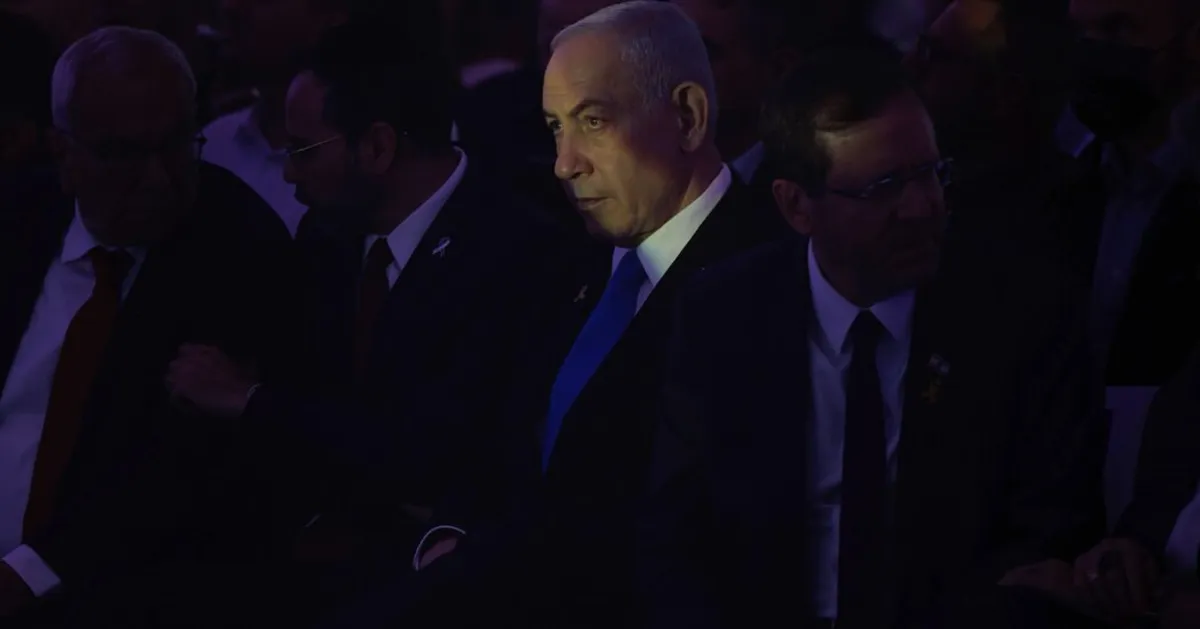
Six months into the ongoing war in the Gaza Strip, Israeli Prime Minister Benjamin Netanyahu was preparing to take significant steps towards de-escalation. Negotiations for an extended cease-fire with Hamas were in progress, and Netanyahu was poised to agree to a compromise. He had dispatched an envoy to communicate Israel’s new stance to Egyptian mediators, signaling a potential shift in the conflict's dynamics.
In April 2024, at a critical meeting held at the Ministry of Defense in Tel Aviv, Netanyahu aimed to garner support from his cabinet for his cease-fire plan. Notably, he had deliberately excluded the proposal from the meeting's written agenda to catch resistant ministers off guard and prevent them from organizing their dissent. The proposed cease-fire would have paused the Gaza war for a minimum of six weeks, creating a crucial window for negotiations aimed at achieving a permanent truce with Hamas.
One of the most pressing aspects of this cease-fire proposal was the potential for the release of over 30 hostages taken by Hamas at the war’s onset. These hostages could be freed within weeks, with more releases possible should the truce be extended. Moreover, a halt to the relentless devastation in Gaza, where around two million residents were struggling to survive amidst daily attacks, was a significant humanitarian consideration in Netanyahu's plan.
Ending the war in Gaza was not just a matter of immediate humanitarian aid; it also opened avenues for a landmark peace deal with Saudi Arabia, the most influential country in the Arab world. For months, Saudi leaders had been subtly indicating their readiness to accelerate peace talks with Israel, contingent upon a cessation of hostilities in Gaza. Achieving normalization of relations between Israel and Saudi Arabia—a feat that had eluded every Israeli leader since the nation’s establishment in 1948—would not only bolster Israel’s regional standing but also enhance Netanyahu’s long-term legacy.
However, pursuing a truce came with significant personal risks for Netanyahu. As prime minister, he led a precarious coalition reliant on the backing of far-right ministers who favored a military occupation of Gaza rather than withdrawal. These ministers advocated for a prolonged conflict that would ultimately enable Israel to re-establish Jewish settlements in the Gaza region. A premature cease-fire could lead to a collapse of the ruling coalition, triggering early elections that recent polls indicated Netanyahu would likely lose.
Without the power of his office, Netanyahu would become vulnerable. Since 2020, he had been embroiled in a corruption trial involving charges of granting favors to businessmen in exchange for gifts and favorable media coverage. If ousted, he would also lose the influence needed to challenge the attorney general overseeing his prosecution—a move his government had previously attempted.
As discussions continued, an aide entered the meeting room with a document outlining Israel’s new negotiating position, placing it quietly before Netanyahu. He reviewed it carefully, weighing the pros and cons of the proposed truce. However, the path to peace was fraught with dangers, and while he appeared ready to proceed, tensions escalated when Bezalel Smotrich, his finance minister and a staunch advocate for re-establishing settlements, interrupted.
Smotrich, known for his radical views and previous activism against the dismantling of settlements in Gaza, expressed his alarm over rumors of the cease-fire plan. “If a surrender agreement like this is brought forward, you no longer have a government,” he warned. “The government is finished.” This declaration underscored the precarious nature of Netanyahu's position as he navigated the complex political landscape while striving for peace amidst war.